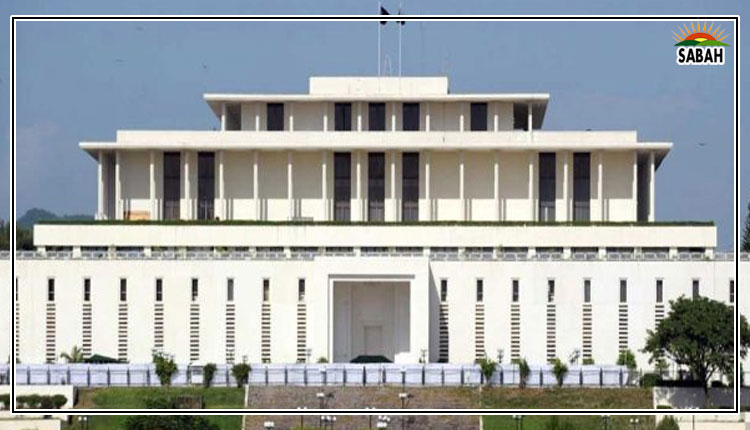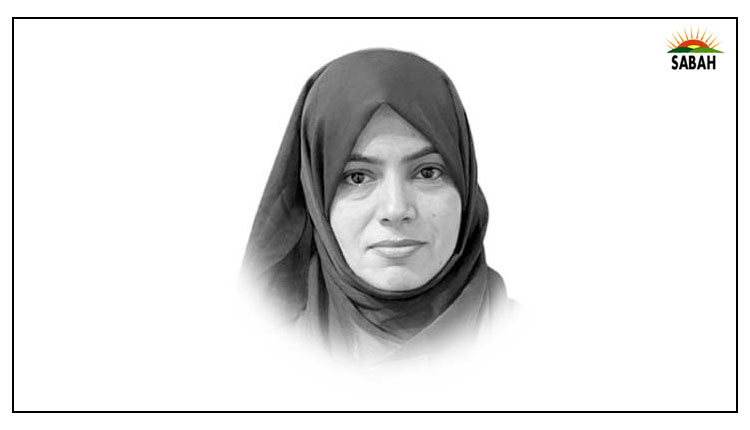The pursuit of meaning…Saira Samo
Viktor E Frankls Mans Search for Meaning is a compelling book that endeavours into the authors firsthand experiences during his imprisonment at Auschwitz, a notorious concentration camp in Poland, during World War II. Frankl, a psychologist, reflects on the profound suffering endured in the camp, where prisoners faced mental torture, starvation, diseases and physical loss.
Amidst the harsh conditions, Frankl observed how many prisoners lost the will to live. He explains the dehumanising aspects of the camp, including the role of Capos, who assigned tasks to prisoners, and the grim fate of those sent to the gas chamber. Remarkably, despite having the opportunity to evacuate before the war, he chose to stay and care for his aging parents.
Frankl draws inspiration from Nietzsches words, He who has a Why to live for can bear almost any How, emphasising the importance of finding meaning in life. He challenges Freud and Adlers views, asserting that lifes primary quest is for meaning. Frankl identifies three sources of meaning: work, love, and courage during difficult times.
The second part of the book discusses the relevance of psychology post-war and introduces Frankls logotherapy, a doctrine aimed at helping individuals find meaning in life, particularly during times of despair. He emphasises that even those who have lost everything can discover purpose by having a Why to live for.
Freedom for Frankl and fellow prisoners came when American forces liberated Auschwitz, marking the end of their harrowing ordeal. Frankl estimates around 1.5 million prisoners faced the Holocaust across various extermination camps.
Originally written in German, the book has been translated into over 24 languages, selling 12 million copies worldwide. It serves as a poignant account for readers seeking insights into the inhuman atrocities of Nazi concentration camps during World War II.
Frankl himself was a victim of a concentration camp, yet he found hope to live a meaningful life. In the book, he not only recounts the horrors of Auschwitz but also examines into profound psychological understandings, encouraging individuals to find meaning in their lives despite adversity.
Similarly, the plight of many in Pakistan reflects a 76-year history of challenges, with citizens enduring imprisonment in the form of limited opportunities for a quality life, education and health. The wrong policies of corrupt leaders have prolonged this struggle, leaving the population with deprivation.
Contrary to this grim reality, there is room for optimism. Much like Frankls assertion that meaning can be found even in the most desperate circumstances, Pakistan has the potential for positive change. This can be with enlightened policies, education and promoting transparent governance, the nation can break free from the metaphorical imprisonment of socio-economic challenges.
Just as Frankl believed in the three sources of meaning work, love and courage Pakistan can redefine its narrative by investing in meaningful employment opportunities, nurturing a culture of compassion and solidarity, and demonstrating the courage to confront and rectify past mistakes. The liberation of Frankl and his fellow prisoners by American forces signifies the possibility of emancipation for Pakistanis from the shackles of systemic issues.
As the nation approaches elections, it becomes crucial to elect individuals committed to the welfare of the people. Choosing leaders dedicated to improving health, education and overall quality of life can provide the much-needed direction for the nation. A leader with a genuine commitment to the well-being of the populace can track a brighter future.
Mans Search for Meaning offers profound lessons applicable to the challenges facing Pakistan. The nation, like Frankl and his fellow prisoners, has the potential to break free from the metaphorical prison of socio-economic challenges. Striving collectively for positive change and actively choosing leaders dedicated to the well-being of the people, we can embark on a purpose of meaningful existence. The key lies in finding meaning in the face of adversity, echoing Frankls timeless wisdom that He who has a Why to live for can bear almost any How.
Courtesy The Express Tribune












